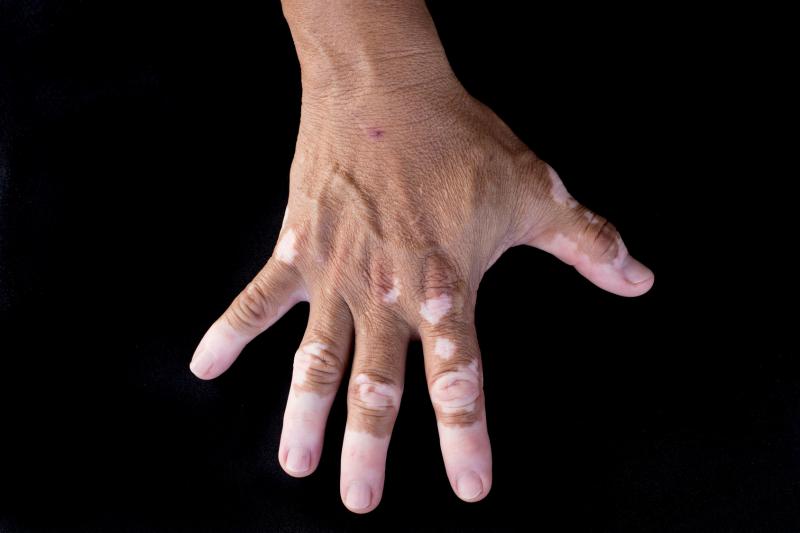
Patients with pemphigus or pemphigoid are at increased risk of developing multiple cutaneous, extracutaneous and systemic autoimmune disorders, which then correlate with a substantial cost burden, suggests a recent study.
Multivariable logistic regression analysis revealed the association of pemphigus (adjusted odds ratio [OR], 1.46, 95 percent confidence interval [CI], 1.30–1.63) and pemphigoid (adjusted OR, 1.35, 95 percent CI, 1.24–1.48) with at least one autoimmune disorder. Pemphigus correlated with nine of 29 autoimmune disorders and pemphigoid with 13 of 32.
The strongest effect sizes were observed in unspecified autoimmune disease, vitiligo, eosinophilic oesophagitis and myasthenia gravis among pemphigus inpatients, as well as in unspecified autoimmune disease, vitiligo and chronic urticaria among those with pemphigoid.
Significant differences of autoimmune comorbidities were noted by age, sex, and race/ethnicity. Furthermore, excess annual costs of hospital care attributed to autoimmune disorders among inpatients with pemphigus and pemphigoid were estimated at $2,286,588 and $4,301,681, respectively.
This study sought to examine the associations of pemphigus or pemphigoid with autoimmune disorders and related outcomes in adults. The authors analysed data from the 2002-2012 National Inpatient Sample, including an approximately 20-percent sample of all US hospitalizations (n=72,108,077 adults). The study, however, was limited by the lack of treatment history data.
“The associations and predictors of the gamut of autoimmune conditions in pemphigus and pemphigoid have been examined in few large-scale controlled studies,” the authors noted.